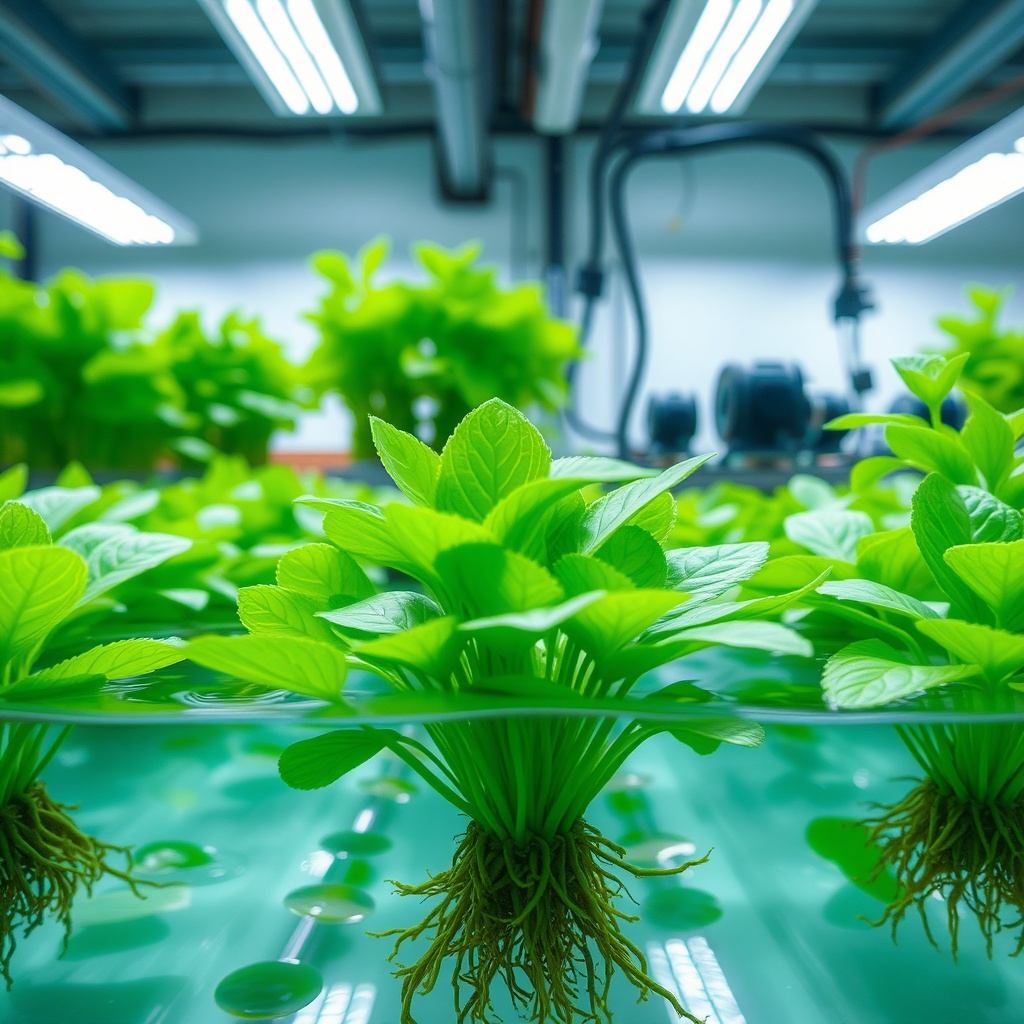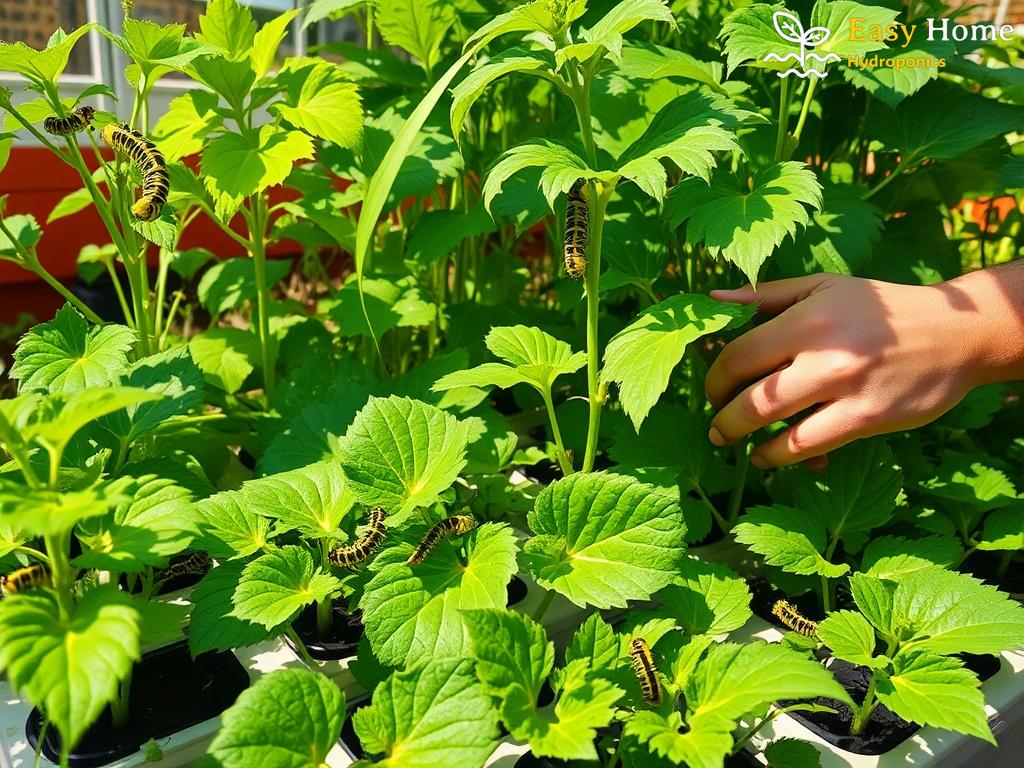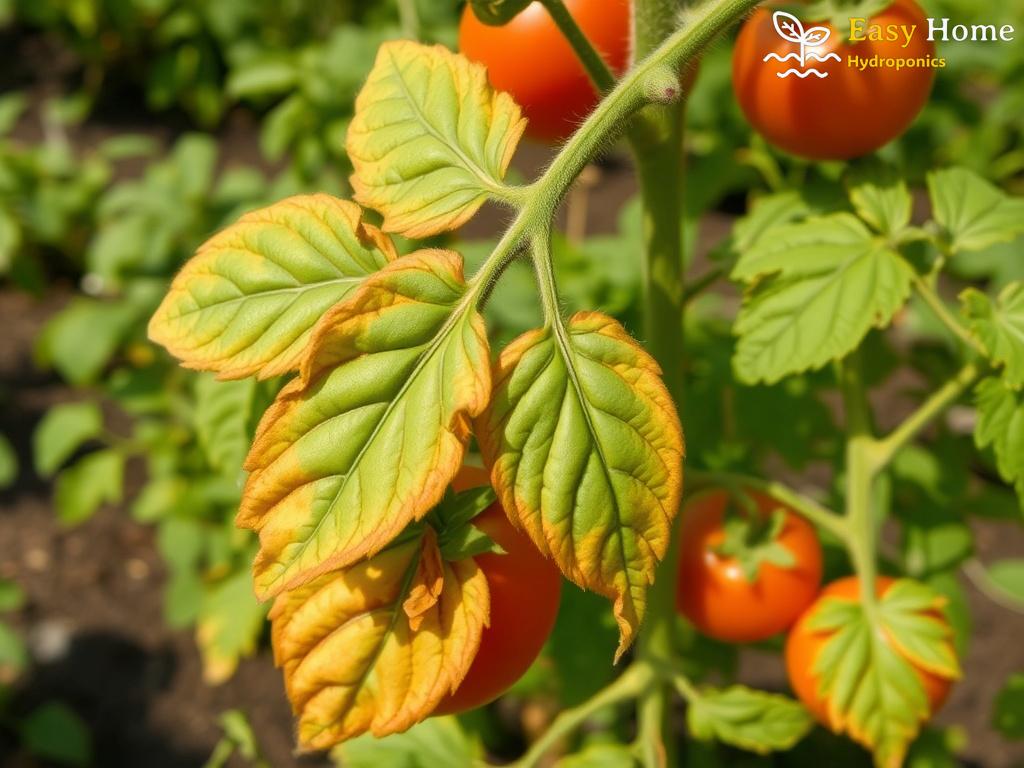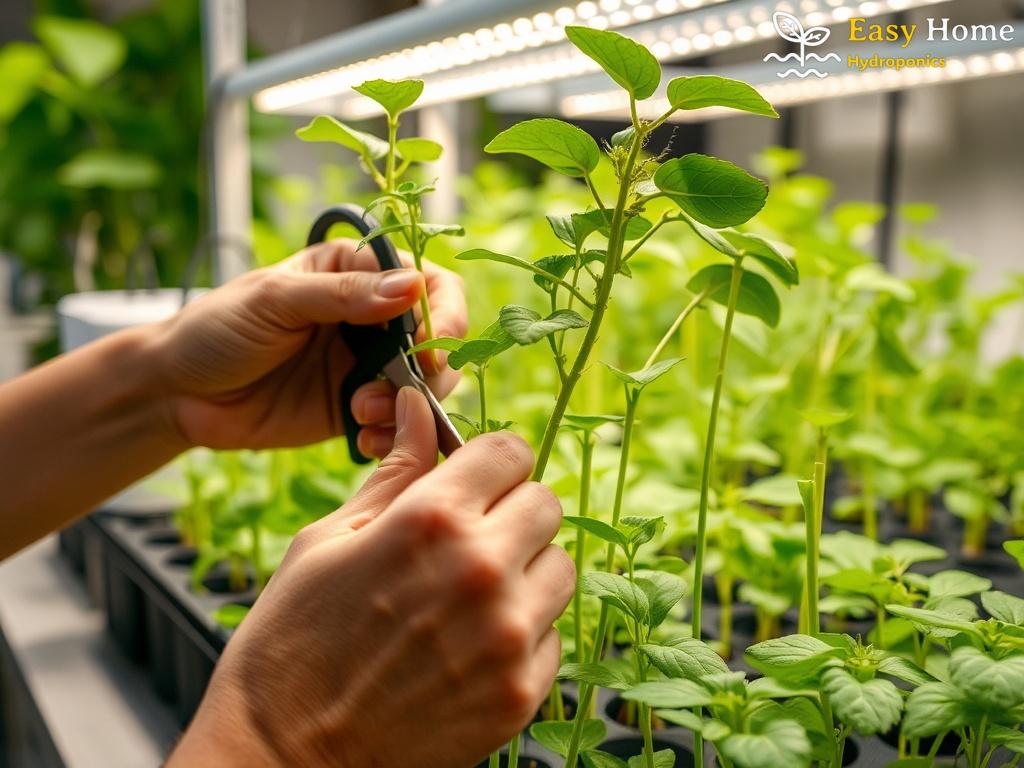In the realm of hydroponics, water is not merely a supporting element; it is the lifeblood of the system. The quality of water directly influences plant health, growth rates, and yield. As growers increasingly turn to hydroponic systems for their efficiency and productivity, understanding and maintaining water quality is paramount. This article delves into the common water quality challenges faced by hydroponic systems and offers innovative solutions to ensure optimal plant development.
Water quality issues in hydroponic systems can stem from various sources, ranging from nutrient imbalances to microbial contamination. Identifying these problems early is crucial for preventing crop failure. Here are some typical water quality challenges:
- Nutrient Imbalance: Excess or deficiency of essential nutrients can lead to poor plant growth.
- pH Fluctuation: An unstable pH can hinder nutrient absorption, impacting plant health.
- Pathogen Presence: Contaminated water can introduce harmful pathogens that threaten plant viability.
- Hard Water: High mineral content can cause scale buildup and interfere with nutrient solutions.
Fortunately, there are innovative strategies and technologies available to help hydroponic growers maintain impeccable water quality. Here are some effective solutions:
- Regular Testing: Implement a routine water testing schedule to monitor pH, EC (electrical conductivity), and nutrient levels, allowing for timely adjustments.
- Water Filtration Systems: Use advanced filtration systems to eliminate contaminants and pathogens, ensuring clean water is delivered to your plants.
- pH Control Solutions: Invest in pH control technology that automatically adjusts levels to maintain nutrient availability.
- Microbial Treatments: Introduce beneficial microbes that can combat pathogens and enhance nutrient uptake in plants.
By embracing these innovative solutions, hydroponic growers can transform their systems into thriving ecosystems that produce healthy, vibrant plants.




